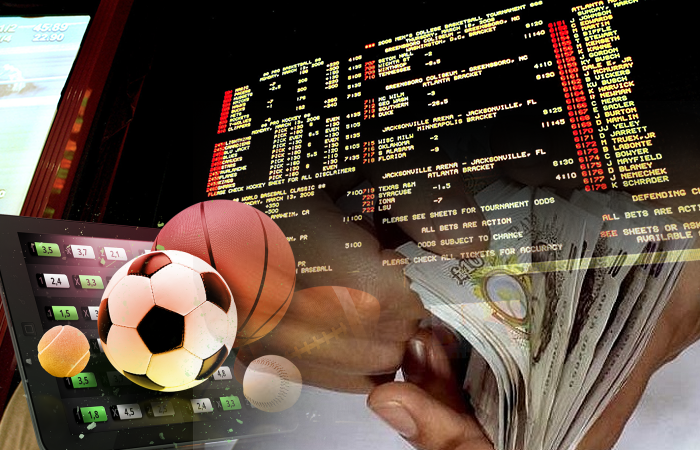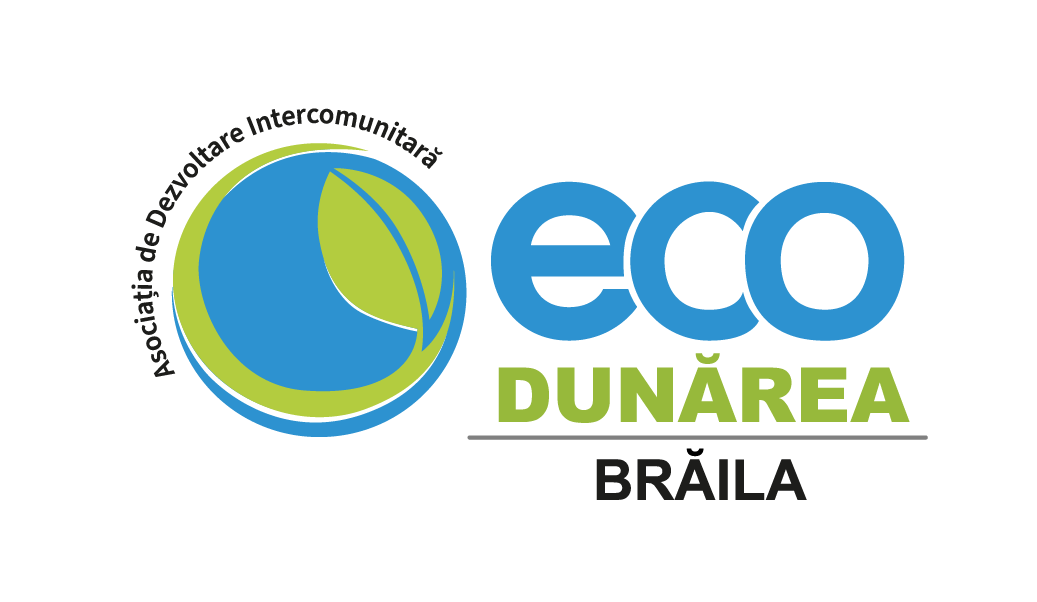
How to avoid common poker mistakes 2025
In the world of poker, understanding and avoiding common mistakes is fundamental for both amateur players looking to improve and seasoned veterans aiming to refine their skills. While poker is a game of skill, strategy, and chance, it is also a game where errors can significantly impact outcomes. The importance of learning how to sidestep these pitfalls cannot be understated. As we move into 2025, let’s delve into the most common poker mistakes players make and how to avoid them. For a great selection of online poker games, you can check out How to avoid common poker mistakes 2025 https://in-mostbet-casino.com/ar/.
1. Underestimating Position
One of the most critical aspects of poker strategy is understanding the concept of position. Players often make the mistake of undervaluing their position at the table. Early position generally requires a tighter range of hands, while late position allows for more creative play. Not being mindful of where you sit relative to the dealer can lead to losing both chips and opportunities. Always consider your position when deciding the strength of your hand and the actions to take.
2. Playing Too Many Hands
Many novice players think that the more hands they play, the greater their chances of winning. This assumption is incorrect and can lead to significant losses. Playing too many hands dilutes the value of the hands you do play. It’s crucial to develop a solid starting hand strategy and stick to it, only entering pots with hands that have a strong potential to win. Remember, patience is key in poker.
3. Ignoring Pot Odds
Understanding pot odds is fundamental for making informed decisions. Players often chase hands without considering whether the potential reward is worth the risk. Always evaluate the size of the pot compared to the amount you need to call. If the odds do not favor chasing a draw, it’s usually best to fold. Developing a keen understanding of pot odds can improve decision-making and lead to more profitable outcomes.
4. Overvaluing Hands
Emotional attachments to strong hands can cloud judgment. Many players pour chips into a pot, convinced they have the best hand, when a better hand might already exist. The mistake here is failing to recognize that the strength of a hand is relative. Evaluating the board and considering opponents’ potential holdings is crucial. Always stay level-headed and willing to let go of overvalued hands when the situation dictates.
5. Failing to Adapt
Every player has a unique style and strategy. A common mistake among players is to stick rigidly to their game plan without adapting to their opponents. Pay attention to how others play, adjusting your strategy based on their behaviors and tendencies. If opponents are playing conservatively, you may need to take more aggressive actions. Conversely, if they are playing loosely, tighten up and wait for stronger hands.

6. Lack of Bankroll Management
Effective bankroll management is vital, especially in cash games and tournaments. Players often make the mistake of entering games that are above their bankroll level, risking financial ruin. Set a budget for your poker activities and adhere to it strictly. Determine buy-in limits based on your overall bankroll and avoid emotional decision-making based on wins or losses. Establishing a disciplined approach to managing your funds is essential for long-term success.
7. Over-Complicating Decisions
It’s easy for players to overthink situations, especially when they are faced with tough decisions. Over-complication can lead to confusion and mistakes. Develop a solid strategy and keep it simple. Trust your instincts and the fundamentals you’ve learned. When in doubt, revisit the basics and stay true to a clear, concise strategy to avoid paralyzing yourself with excessive analysis.
8. Neglecting to Study the Game
Just as athletes train and refine their skills, poker players must continually study the game. A common mistake is neglecting to invest time in learning new strategies, analyzing hand histories, or reviewing performance after sessions. Spend time studying poker theory, strategies, and trends. Engaging with books, videos, and forums can vastly improve your game. Continuous learning is the cornerstone of evolving as a poker player.
9. Failing to Manage Emotions
Poker is as much a mental game as it is a physical one. Allowing emotions to dictate your decision-making can lead to disastrous errors. Tilt, frustration, and excitement can cloud judgment, leading to poor play. Develop strategies for emotional management during sessions. Take breaks, especially after significant losses, and maintain a positive mindset. Recognizing emotional triggers and learning to cope with them will enhance your overall performance.
10. Not Analyzing Your Own Play
Many players make the mistake of only analyzing other players’ strategies, while neglecting their own game. Self-reflection is vital for improvement. After each session, take time to review your gameplay. Identify areas of weakness, and consider hands that you struggled with. Asking for feedback from peers or using software tools to analyze your strategy can provide insights into your play and help you evolve.
Conclusion
Avoiding common poker mistakes in 2025 requires a blend of knowledge, self-awareness, and adaptability. By recognizing these pitfalls and adapting your strategy, you can elevate your game and improve your overall results at the table. Whether you are a novice or a seasoned player, embracing a mindset of continual learning and flexibility can lead you to success in the ever-evolving landscape of poker.


